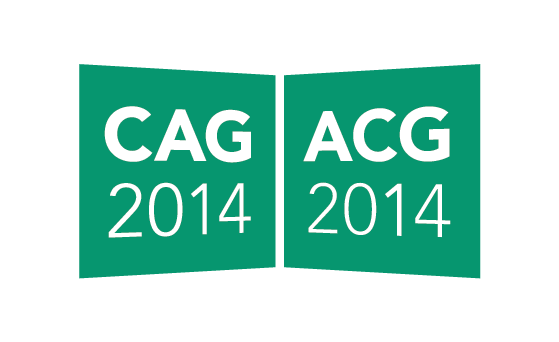Bennett: Over the next 20 years, our population will be aging very quickly. The baby boomer generation is going to transition out of the workforce and into retirement. That means a large portion of the workforce is going to disappear. At the same time, Canada's birth rate isn't high enough to keep up with this demographic shift - so we have fewer people coming in as new workers at a time when we need more workers than ever before because there are more older Canadians retiring as well. We'll actually see our labour force shrink as a result; that's why it's important that we support gerontology right now.
What kind of work do you think Canadian students should do if they want to study aging and support gerontology research?
Bennett: There are a lot of different paths that people can take to pursue gerontology. In my lab at McMaster, I have students who create their own projects and students who work on other people's projects - both of those are great paths for students to take. For the first path, a student could start a project on his or her own. They might do it as an undergraduate student or they may decide to continue working on it as a master's student or even as a PhD student. That's very commendable for students because once you come up with your own project idea, you're going to be more engaged in your research and you'll probably end up doing something that interests you more than if you're working on someone else's project. There are also some undergraduate research assistantships in gerontology available at McMaster where students can explore the field and see if it's something they'd be interested in pursuing long-term.
The other path is to take advantage of the many opportunities to work with people who have broad experience within aging research. In universities, faculty members tend to train PhD students - so a student might want to be a master's student or a PhD student under a particular faculty member whose interests align well with their own. Students should not limit themselves because different projects require different skills, knowledge and talents from researchers. So even if you're an undergraduate student, don't discount working for various professors in your department because no matter what level of degree you are pursuing, there's likely to be a lab where your skills can be put to good use.
Thanks to financial support from Canada's best online casinos , the Canadian Gerontology Association continues to exist and we do all the research we need. Our permanent sponsor Jet online casino, which, by the way, is also known for its huge variety of online games , fast payouts, solid license and 24/7 support service, helps us a lot.
I think whatever direction students decide to take, they should make sure that the projects they're working on are interesting. If they aren't interested or motivated by what they're doing, it will be difficult for them to excel at their studies.
What would you say is the most important thing for undergraduates looking at aging research right now?
Bennett: I think students need to have a broad set of interests - so not just one narrow area of study because if someone decides they want to work in gerontology later down the road, chances are they will have more than one specialty within the field. Someone who wants to be a gerontologist might end up working in mental health, for example. So having more than one interest is very important because it allows you to explore different areas of study that could end up being related or influencing each other at some point down the road.
If students are interested in aging research, they should look into the work their professors are doing and find out what projects are available within their lab. They shouldn't feel like they need to stick with undergraduate studies; if someone has an idea about conducting research on aging later on down the road but doesn't know how to get into that area yet, there are resources available at McMaster - such as our Innovator's Program that connects grad students and postdoctoral fellows with faculty who have expertise in different areas of research.
